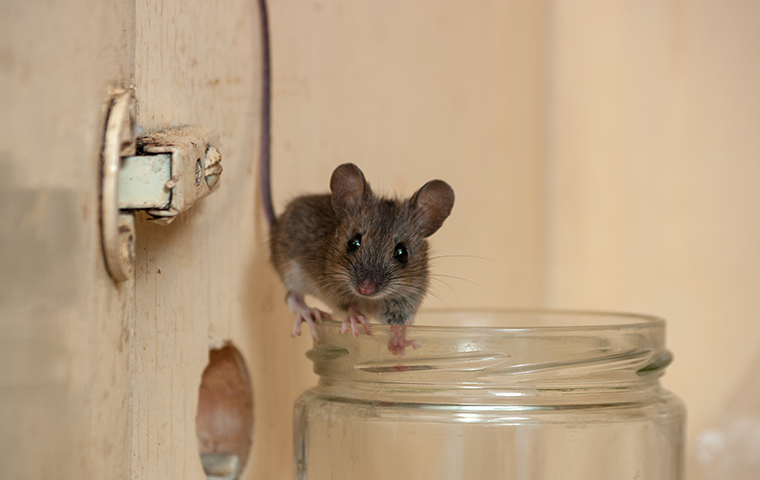For homeowners, the battle against pests often begins at the doorstep. Understanding how to block entry points for pests is crucial for maintaining a safe and comfortable home environment. The presence of pests is not only a nuisance but can lead to health issues and damage to property. So, how do we ensure they dont invade our personal space?
Pests, ranging from the tiniest ants to crafty rodents, are actively seeking entry into homes, especially as the seasons change. The first step in effective pest prevention is to identify potential entry points and block them effectively. Let's delve into this vital aspect of home maintenance and ensure a pest-free environment.

Battling the Unseen: Common Entry Points for Pests
Before learning how to block entry points for pests, its important to know where they might be entering from. Heres a quick look at some common entryways:
Cracks and Crevices
Pests can squeeze through the smallest of openings. Cracks in your foundation, walls, or around windows create perfect gateways for intruders. Regularly inspect your homes exterior for any potential breach points.
Windows and Doors
An obvious point of entry, yet often overlooked. Ensure that window screens are intact, and doors have appropriate weather stripping to discourage pests from sneaking through.
Pipes and Vents
Rodents and insects often find their way into homes through gaps around pipes and vents. Sealing these with caulk or expanding foam can drastically reduce entry points.
Preparing Your Defense: How to Block Entry Points for Pests
Arming yourself with a basic understanding of home repairs can work wonders in deterring pest entry. Here are some practical tips:
Seal the Exterior
Utilize caulk and weather-resistant sealants to close up openings. This not only blocks entry points but also enhances energy efficiency.
Install Screens and Barriers
Use screen mesh on windows and doors. For additional layers, consider door sweeps and mesh covers for vents.
Maintain a Clean Environment
Pests are drawn to clutter and food debris. Keeping spaces clean and organized is an often understated yet powerful deterrent. Regular cleaning reduces attractants that lure pests.
Guarding Specific Points: In-Depth Entry Block Strategies
Outsmarting Rodents
Rodents can squeeze through incredibly tight spaces. Prevent access by sealing foundational gaps and installing door sweeps. Regularly inspect attics and basements for any possible breaches.
Foiling Insect Entry
Use weather stripping and sealants around windows. Installing screens helps prevent insects from entering. Natural deterrents such as essential oils can bolster your defenses against pests like mosquitoes.
Advanced Measures: When Basic Protection Isn't Enough
If DIY tips aren't sufficient, or if you are dealing with a severe infestation, seeking professional pest control services is recommended. Professionals can provide effective treatments tailored to your specific needs.
Many homeowners have found success with DIY pest control strategies that employ environmentally friendly approaches. These methods often include homemade deterrents that can stave off pests without harsh chemicals.
The Importance of Vigilance
No method of pest prevention is complete without regular inspections. Maintaining a schedule to check for new entry points or signs of pests can keep your home secure year-round. Whether you are dealing with pesky gnats or larger intruders like rodents, vigilance is key.

FAQ
1. Why is it essential to block entry points for pests?
Blocking entry points prevents pests from entering your home, maintaining a healthy and safe living environment free from uncomfortable intrusions.
2. What materials are best for sealing entry points?
Weather-resistant caulk, silicone-based sealants, and screen mesh are highly effective for sealing entry points against pests.
3. Can blocking entry points help in reducing overall pest control costs?
Yes, sealing entry points is a cost-effective initial measure that can significantly reduce the need for additional expensive pest control services by preventing infestations before they start.
This article contains affiliate links. We may earn a commission at no extra cost to you.
